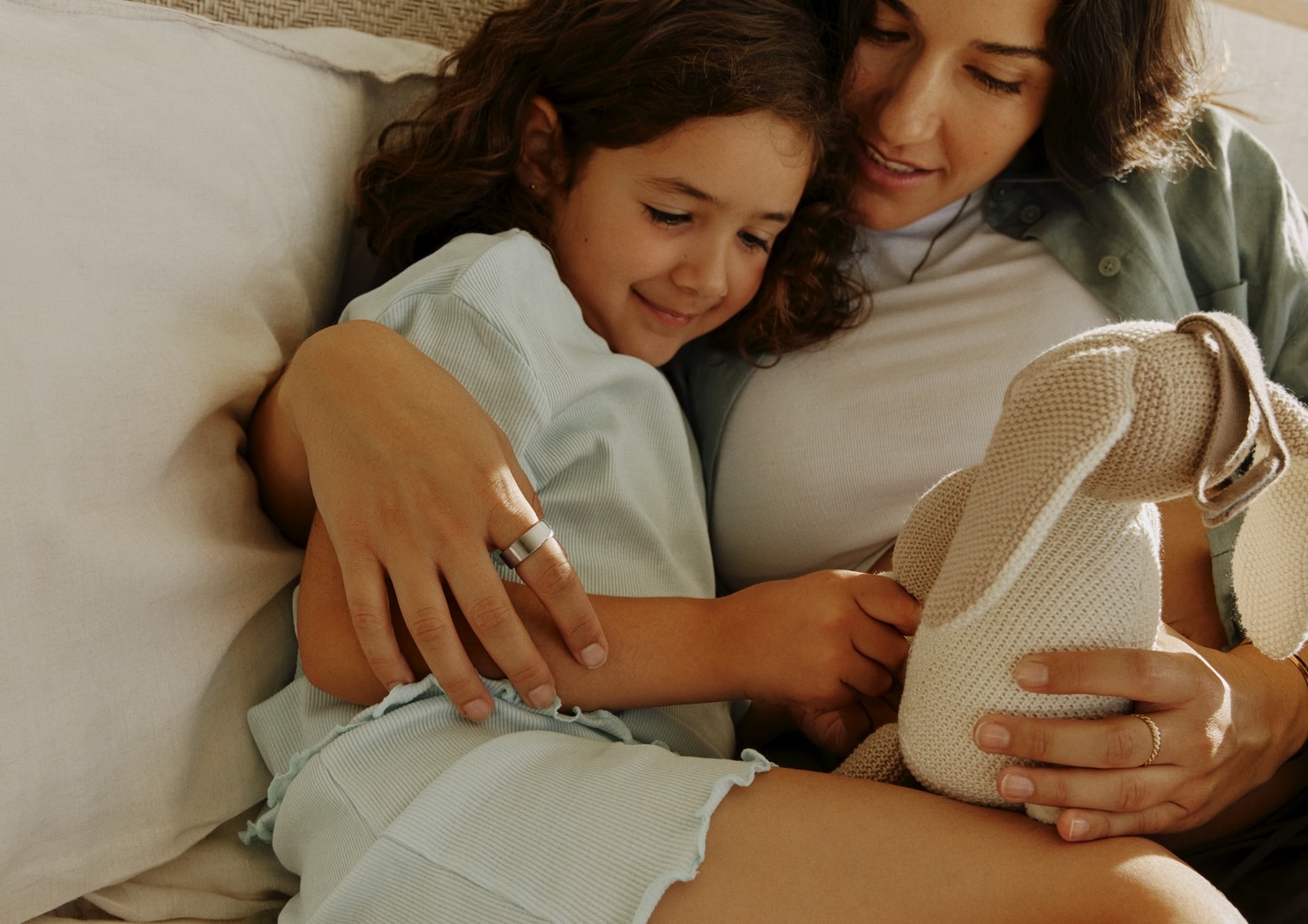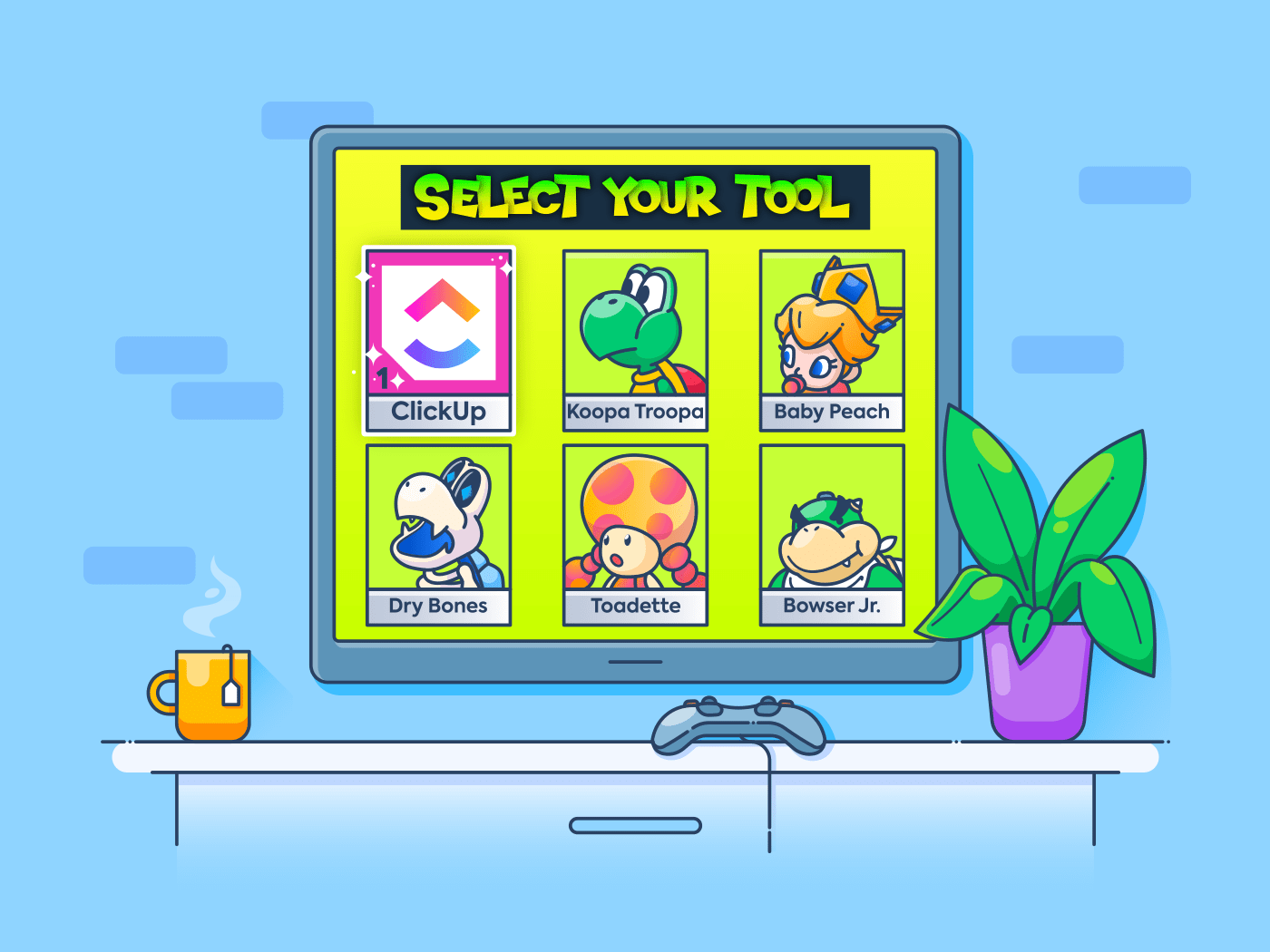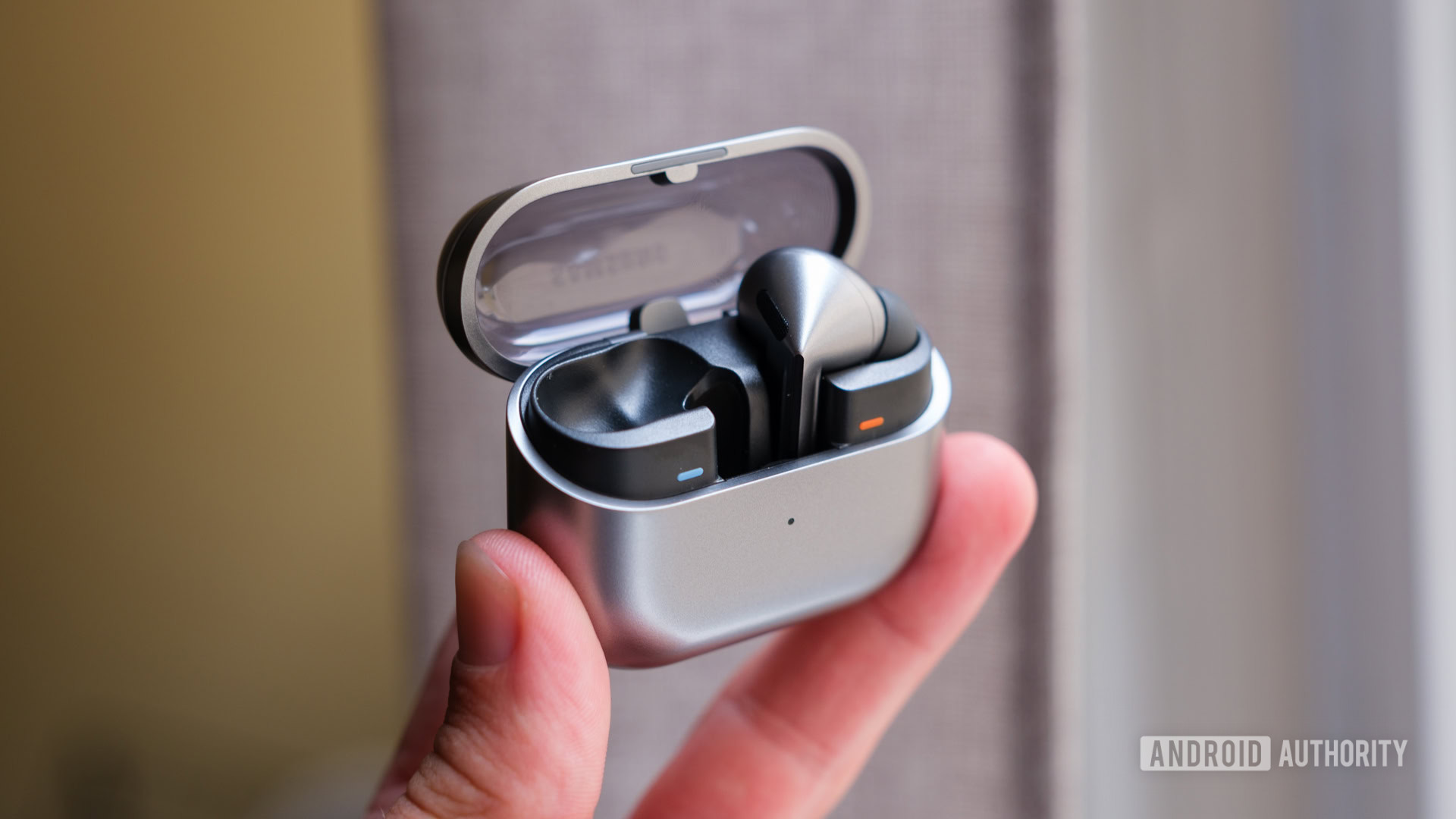If there’s one feature I want from wearables tracking my health parameters, it’s a built-in sensor that will track blood sugar levels. Specifically, I’d want that from my Apple Watch, which I already wear religiously to track all my health data, including sleep and workouts. Apple is one company that’s currently studying blood sugar monitoring tech, but none of them is close to releasing such a groundbreaking sensor.
Diabetes treatment requires frequent blood glucose checks, and you usually need to draw blood to perform the reading. Having a wearable sensor do all that by beaming light through the skin would be revolutionary. Devices like the Apple Watch might help not just manage diabetes better but actually catch the early phases of the illness and possibly prevent it. If you know your blood sugar is increasingly showing higher values than normal, you’d be more likely to visit a doctor and take steps to correct your diet and exercise habits.
While we wait for companies like Apple and Samsung to come out with non-invasive blood sugar sensors for wearable devices, others are getting ready to offer the next best thing: Using current tech to make continuous glucose readings more accessible.
Oura, makers of the popular Oura Rings, has partnered with Dexcom, which manufactures over-the-counter continuous glucose monitoring (CGM) devices you wear on your skin. In the future, the Oura Ring app will include blood sugar information from Dexcom products like the Stelo. The app will be able to offer more comprehensive health insights to Oura Ring users.
Oura recently launched the Oura Ring 4, which features better sensors and algorithms to track health parameters. It doesn’t have a blood glucose sensor, though, since nothing like that is available for now. Again, a development like that would be groundbreaking for any company.
However, all Oura Rings connect to an Oura App on your phone, where you’ll see information about your health as collected by the ring.
Dexcom recently invested $75 million in Oura, which is now valued at $5 billion after the deal. The two companies will also ensure their products work together. That’s how the Oura Ring app will add blood sugar readings if you use one of Dexcom’s CGM devices.
Bloomberg’s Mark Gurman mentioned the deal in his Power On newsletter, which typically focuses mostly on Apple tech.
The Oura-Dexcom partnership is important because Apple is studying similar technology. Gurman reported earlier that Apple tested an in-house app that works with third-party glucose meters, similar to how the Oura-Dexcom partnership will work. He says the Apple app will probably not launch it as a standalone tool. Instead, Apple might fold it into the Health app in the future. Of course, the Health app manages all the health data coming from the Apple Watch and other devices and apps.
Gurman also reminds us that Apple won’t make an Apple Ring that would compete with the likes of Oura Ring 4 and Galaxy Ring, suggesting that Apple should buy Oura instead.
Whether or not that happens, I’m thrilled to see partnerships like this new one between Oura and Dexcom. I say that as someone very interested in continuously tracking blood sugar data for myself and my family members.
It’s also worth noting that Dexcom’s other sensors, like the G7, can already beam blood sugar data to the Apple Watch.








